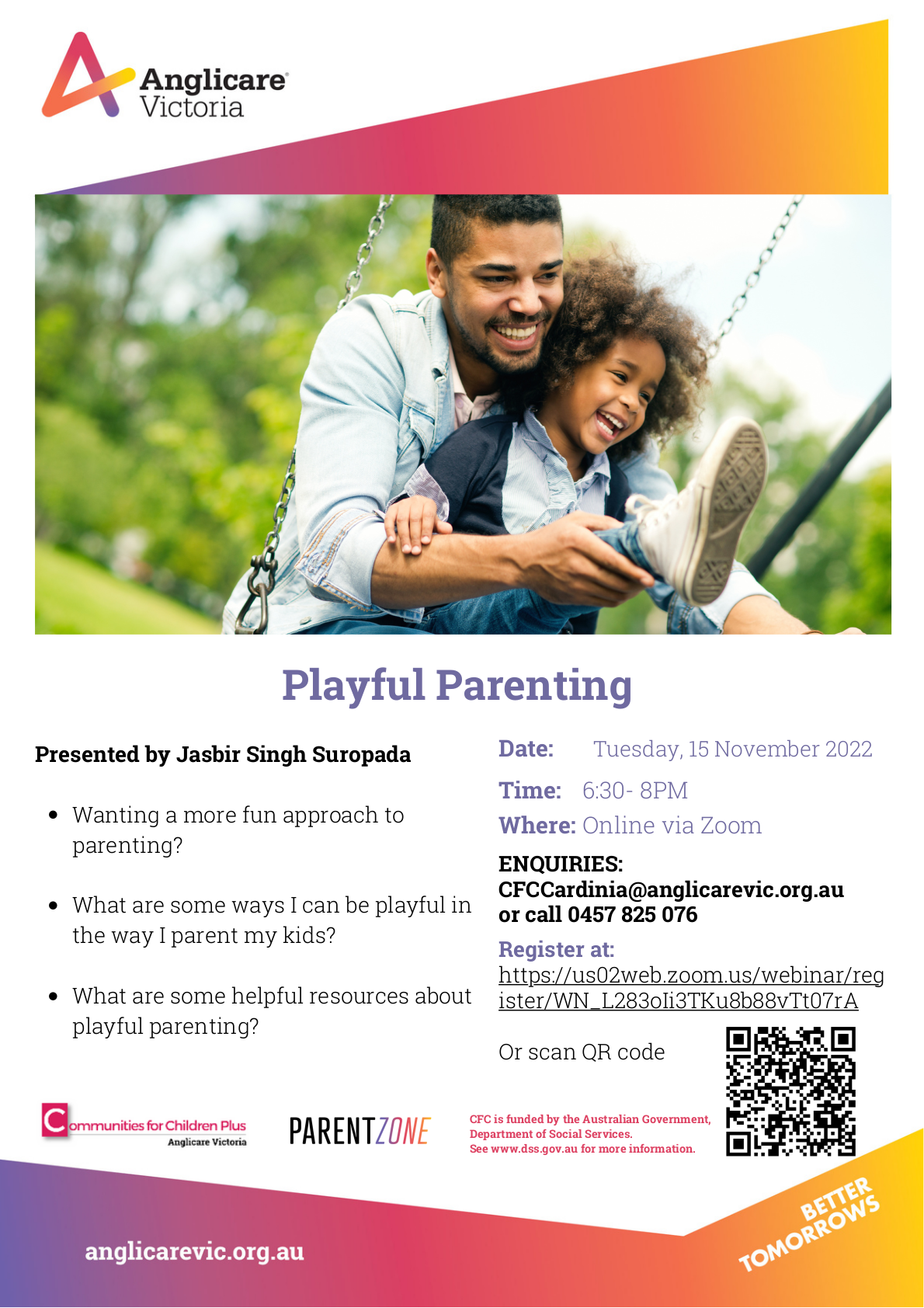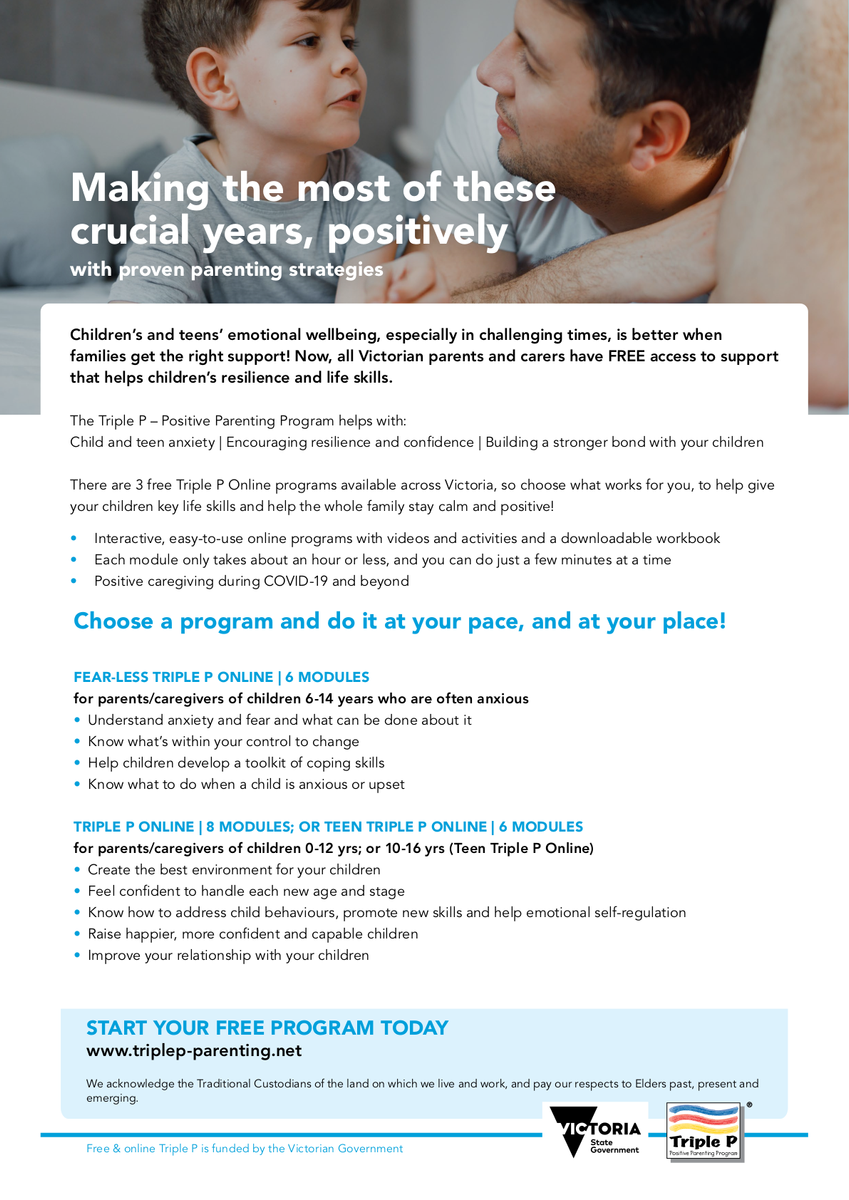Health & Wellbeing News

Staying Safe Online
Raising children in the digital age is difficult. As parents, we are having to navigate a world we didn’t grow up in, and where our children have easy access to technology that is constantly evolving and changing, often faster than we can keep up. The Internet has a lot to offer us – convenient access to information, sharing of ideas and creativity, and capacity to communicate and connect with others. But, like all tools, there is the potential for misuse, and children are particularly vulnerable, for 2 key reasons:
1. Basic child development – the prefrontal cortex, the “thinking part” of the brain is underdeveloped in children, and often doesn’t fully develop until age 25. They simply aren’t equipped neurologically to make considered, well thought out decisions, and are far more likely to be impulsive and not think things through.
2. Activities involving risk are enticing. Children need to explore their limits and abilities, they often understand risk differently to adults, and may engage in risky behaviour to perform, impress, show off, or feel that they belong/conform to their social group.
So how do we protect our kids? And help them to learn the skills to navigate this world? The research shows, that early education is key. Having open conversations with kids, as well as fostering an environment where they not only know the risks, but also know where to turn to for help, is the most protective thing you can do.
General tips for increasing safety:
- Early Education – talk about the good things on the internet and the risks. Talk about how children would recognise or know when they feel unsafe, and who they could turn to for help. This might mean identifying key adults in a child’s world outside of their family who they may turn to or confide in if feeling unsafe.
- Limits on device use – always tricky, taking the device often creates more conflict, and doesn’t get kids to practise responsible behaviour, whilst making the device even more enticing. Often it’s more successful to manage the WiFi use – set time limits on it where it cuts off, meaning children can still use their devices, but the connectivity is controlled.
- Devices in open areas – nothing good can happen from device use in bedrooms or bathrooms. You can’t see what they are doing, and if a predator was online and asked your child to engage in risky or compromising behaviour, they are more likely to comply if it’s in secret and can be hidden.
- Privacy settings – turn them on and review them regularly.
- Turn off notifications for apps – helps reduce fear of missing out, which then leads us to becoming further addicted to devices.
- Have family/household rules – often teaching responsible device use works best if everyone in the family follows the same rules, as children learn not from what we say, but from what we model. If you need to use your device for work, or paying bills, checking school notices etc, telling children that can help, so that they see that you are not using the device just for entertainment purposes. I’ve started recently putting my phone away in a drawer in the evening. So much of my work and life is in my phone, I hadn’t realised how often I was checking it, until my 4-year-old started to comment. I hadn’t noticed, but he had, meaning I need to be more intentional about what I model for him.
- Grandma test - would you want your grandma to see it? No? Don't post it online. Even in messenger, which we often feel is more private, it’s not. Once you post it, it’s out of your hands.
Further Resources:
https://kidshelpline.com.au/teens/issues/staying-safe-online
Facebook accounts worth following:
- Safe on Social
- Not my Kid
- Justin Coulson’s Happy Families
- Maggie Dent
SHIVONNE CAMMELL
Mental Health Worker
Email: info@shivonnecammell.com


